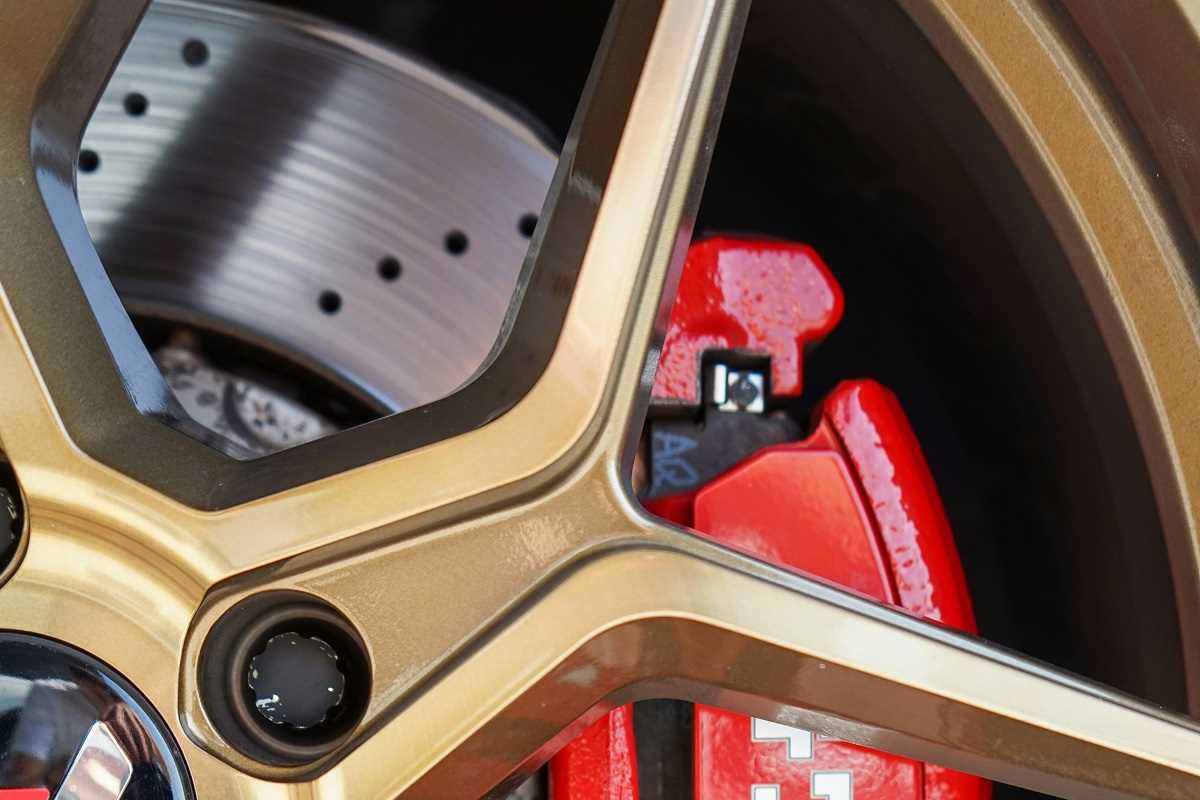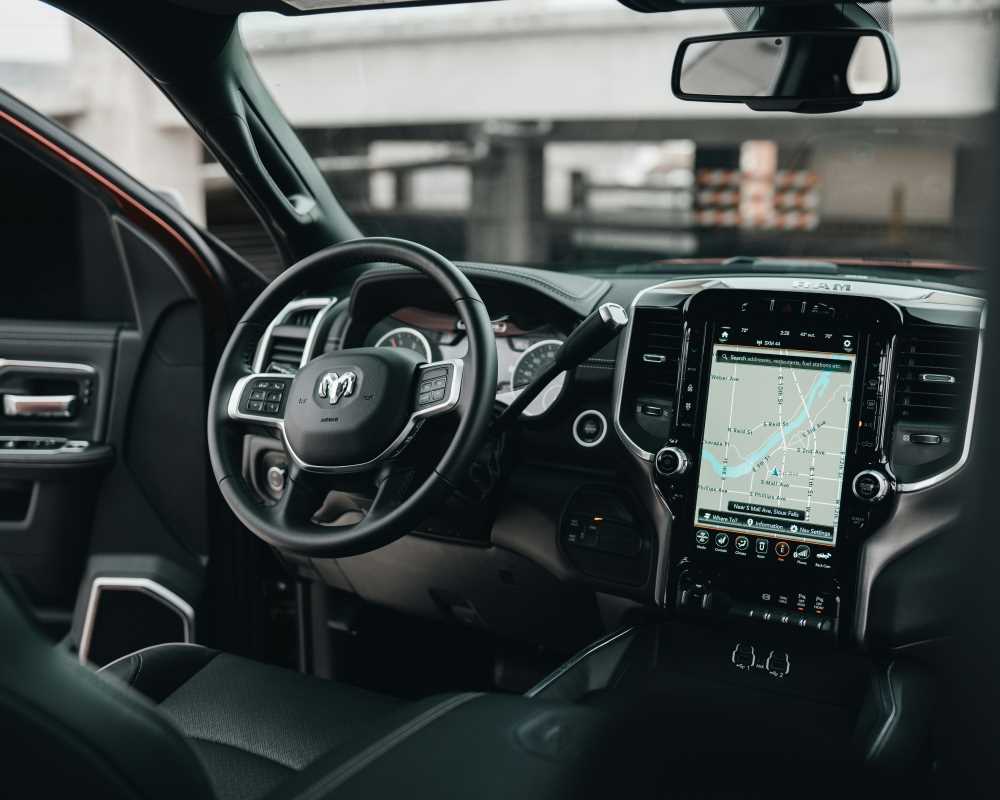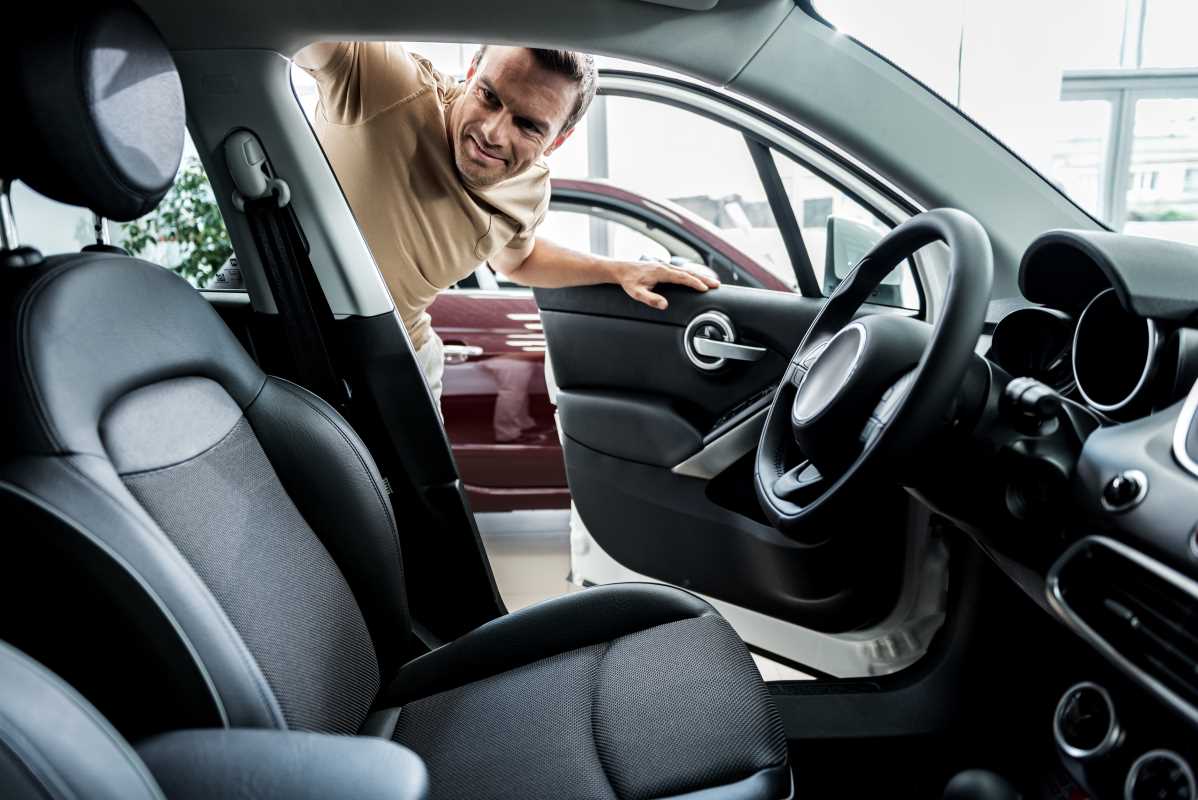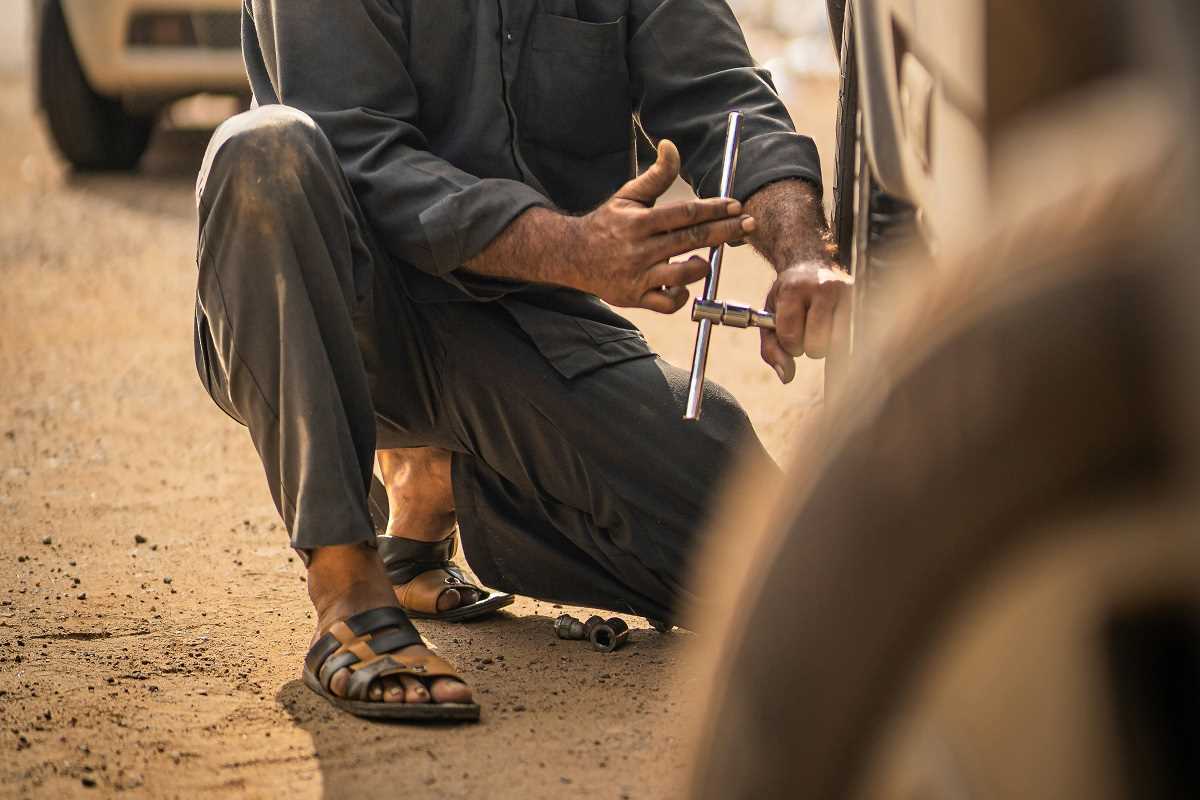Hey there, road warrior. You know your car, right? You spend hours together, cruising, commuting, and maybe even jamming out to your favorite songs like nobody's watching. But, here’s the thing—your car has its way of talking to you, especially when something’s off. And few things are as important (or as chatty) as your brakes when they’re starting to wave the red flag.
Ignoring your brakes when they're crying for attention could lead to more than just expensive repair bills—it could mess with your safety. Not cool, right? So, buckle up, and let's chat about the telltale signs it's time to show your brakes some love and attention by replacing them.
Sign #1: That Awful, Nails-on-a-Chalkboard Squeak
The dreaded squeak. You press the brakes, and your car lets out a piercing noise that makes you want to cover your ears. It’s like your brakes are trying to tell you, "Hey! Don’t forget about me!"
Why does this happen? Most likely, your brake pads are wearing thin. A lot of them are designed with a little metal tab that creates this sound when the pads are nearly gone—it’s like an early warning system. While the squeak might not mean you're in immediate danger, it's your cue to check things out sooner rather than later. If you ignore it, that squeaky annoyance could turn into…
Sign #2: Grinding Noises That Say, "We Have a Problem"
Now we're getting serious. If you hear grinding when you brake, congratulations—you’re likely out of brake pad entirely. That awful noise you’re hearing? That’s the sound of metal on metal, and trust me, that is not a sweet melody.
When your brake pads are completely worn down, the metal backing plate starts pressing directly against your rotors (the big round discs behind your wheels). Not only is this super dangerous for stopping your car, but it also damages the rotors, which are way more expensive to replace than a pair of brake pads. Moral of the story? Don’t be the person who waits until this stage.
Sign #3: Does Your Brake Pedal Feel Mushy or Shaky?
Okay, picture this. You tap your brake pedal, and instead of feeling firm, it feels kind of… squishy. Or maybe you press it, and the whole car decides to shudder like it’s had way too much coffee. Both of these sensations are major red flags.
A mushy pedal could mean there’s air in your brake lines, or worse, your brake fluid is leaking. No fluid = no brakes, and that’s obviously not a situation anyone wants to deal with. On the other hand, a vibrating pedal usually points to warped rotors. This happens when the rotors wear unevenly, often due to prolonged braking or overheating. Either way, it’s a sign to get your braking system checked out ASAP.
Sign #4: Pulling to One Side During Braking
Have you noticed your car swerving slightly to one side whenever you hit the brakes? It’s like it has a mind of its own, dragging you in a direction you didn’t sign up for. That’s a classic sign that one of your brake calipers (the part that squeezes the brake pads against the rotor) is sticking or failing. Or it could be uneven brake pads or a problem with your brake fluid.
Whatever the cause, this tug-of-war with your steering wheel isn’t just annoying—it’s downright dangerous. Pulling means your brakes aren’t working evenly, which can mess with your ability to stop in an emergency. Get it checked pronto!
Sign #5: Brake Warning Light Comes On
Ah, the trusty dashboard warning light. If your car’s brake warning light is glowing, don’t ignore it. This isn’t one of those “Oh, it’s just a loose gas cap” situations. Your car is telling you something important—there’s an issue somewhere in the braking system.
Sometimes, it's something as simple as low brake fluid (easy to top off). Other times, it could mean there's a serious problem with your pads, rotors, or even the anti-lock brake system (ABS). Either way, that little light is not one to brush off.
Sign #6: Stopping Takes Longer Than Usual
Ever feel like your brakes just don’t have the same stopping power they used to? Maybe you’re pressing harder or farther down on the brake pedal than normal to get the car to stop. That, folks, is a big ol' red flag for brake trouble.
Reduced responsiveness usually means your pads are worn out or your brake fluid is past its prime. A spongy pedal combined with poor stopping power could also hint at brake line issues. Bottom line? If you feel like your brakes are lagging behind, you’re putting yourself and others at risk every time you hit the road.
Ignoring These Signs? Bad Idea!
Look, I get it. Life gets busy, brake noise isn’t exactly as urgent as a flat tire, and repairs can be pricey. But ignoring these signs means putting yourself in a risky situation. Worn-out brakes lead to longer stopping distances, less control, and a higher chance of accidents. Plus, letting the problem fester can make the repair bill even scarier (hello, new rotors and calipers).
What to Do If You Notice These Signs
Don’t wait until you’re rolling into the shop on a wing and a prayer. Here’s what you should do if your brakes are acting up:
- Check the Brake Pads and Rotors: If you’re comfortable, take a peek at the brake pads through your wheel spokes. Less than a quarter-inch of pad? Time to replace them.
- Visit a Mechanic: If DIY’ing isn’t your thing, or you’re hearing unfamiliar noises, book an appointment with a professional. Mechanics can inspect your entire braking system.
- Be Proactive: Even if you’re not experiencing problems, consider a brake system check with your regular car maintenance. A little prevention goes a long way.
Your brakes are literally the thing standing between you and a potential accident, so it pays to listen to what they’re telling you. Squeaks, grinding, pulling to one side—those aren’t just quirks; they’re cries for help. Addressing the issue early can save you money, stress, and maybe even your life. Take care of your brakes, and they’ll take care of you.
 (Image via
(Image via





